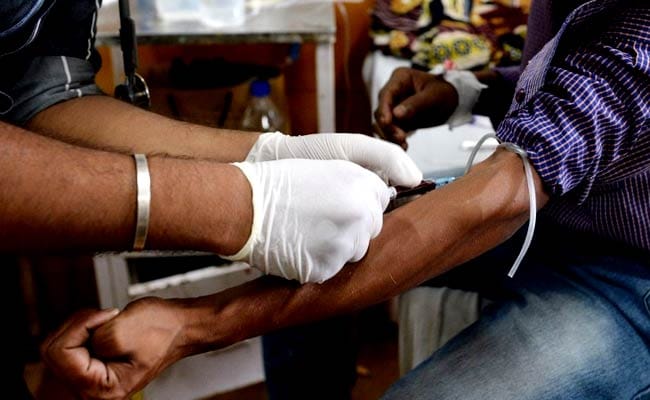
As Delhi battles its worst dengue crisis in five years with at least 11 deaths and more than 1,900 cases reported so far, the Indian Medical Association, a body of doctors in India, has sent out guidelines for citizens.
Here are 10 points the doctor advises:
All deaths from dengue can be avoided. It is a largely preventable and manageable disease.
The risk of complications is in less than one per cent of dengue cases and, if warning signals are known to the public, all deaths from dengue can be avoided.
People must know and recognise the warning signals of dengue.
Patients with signs of dengue must avoid aspirin and paracetamol tablets.
Most complications from dengue happen after the fever is over so extra care needs to be taken then.
The two days after the last episode of fever are crucial and patients should take plenty of fluids during this period.
Only suspected severe cases need hospitalisation. Most cases can be managed in Hospital outpatient departments.
Unnecessary platelet transfusions can cause more harm than good. A platelet transfusion is not needed unless patient has active bleeding and the platelet count is less than 10,000.
Packed cell volume, or percentage of red blood cells in blood, is a more reliable measure of severity than platelet count.
Giving fluids orally or by intravenous routes, at a proper time, can save fatal complications.

